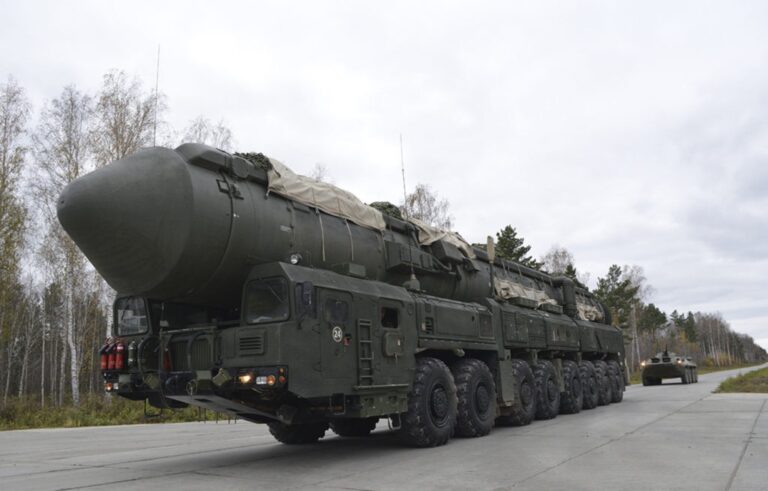Dr. Michael Niemann delivered the following remarks during the Vigil of Remembrance that marked the 78th anniversary of the August 6 atomic bombing of Hiroshima, Japan.
In 1947 the Bulletin of the Atomic Scientists created the doomsday clock as a symbol representing the likelihood of a human-made global catastrophe due to nuclear risks and climate change. At that time, the clock was set to seven minutes before midnight. Since 1947, the clock has been set backwards 17 time and forward 25 times. The farthest from midnight was 17 minutes in 1991 and the closest to midnight is the January 2023 setting, 90 seconds.
That number represents the clear and imminent danger in which the world finds itself on this, the 78th anniversary of the first use of nuclear weapons in Hiroshima, Japan. Never in the history of the nuclear age have we been closer to nuclear annihilation than today. It is true that the total number of nuclear weapons today is a fraction of what it was in the 1970s and 1980s, but the international situation is on knife’s edge with the two largest nuclear powers facing each other in the Ukraine war. At the same time, there have been no meaningful negotiations to reduce nuclear weapons since 2016. Russia’s invasion of Ukraine led to the suspension of the New START treaty in January 2023.
The way forward lies in renewed efforts to abolish nuclear weapons. Fortunately, we already have the means to pursue this goal, the Treaty on the Prohibition of Nuclear Weapons. Since its entry into force on January 22, 2021, the acceptance of the treaty around the world has increased, a clear sign that a large number of countries favors the abolition of nuclear weapons. As of today, 68 countries have ratified or acceded to the the treaty. A further 27 have signed but not ratified it.
You may wonder what good a treaty is if the nuclear powers have not bothered to sign or ratify it. The answer is, quite a bit. In the two years since it became entered into to force, the signatories have been busy developing the institutional structure that will govern the operation of the treaty.
The Vienna Plan of Action, adopted at the first meeting of the states parties in 2021, created working groups to advance actions related to nuclear disarmament verification, victim assistance, environmental remediation and international cooperation and assistance, and universalization. For example, the working group on nuclear disarmament verification has collaborated with the United Nations Institute for Disarmament Research on developing means of verification the storage of nuclear materials that safeguard the classified aspects inherent in each countries nuclear weapons systems.
The working group on victim assistance, environmental remediation and international cooperation is developing the means for states to use uniform voluntary methods to collect information and report on affected people, and the creation of an international trust fund to assist victims of nuclear testing and support the remediation of the environmental damage. These efforts are crucial building blocks for creating a nuclear weapons free future.
The actions of the international community have not gone unnoticed in Washington. On January 31, 2023, Rep. James McGovern introduced House Resolution 77, Embracing the Goals and Provisions of the Treaty on the Prohibition of Nuclear Weapons. It was co-sponsored by 35 other representatives.
The resolution calls:
- on the President to make nuclear disarmament the centerpiece of national security policy,
- on the Secretary of State to lead a global effort to prevent nuclear war by
- actively pursuing new nuclear disarmament negotiations with the Russian Federation
- renouncing the first use of nuclear weapons
- ending the presidents sole authority to launch nuclear weapons
- taking US weapons off hair trigger alert
- canceling the modernization of the US nuclear arsenal.
If there is one thing we all can do now, it is to contact our political representatives in the House and in the Senate and urge them to support House Resolution 77.
Dr. Michael Niemann grew up in a small town in western Germany before moving to the United States. He has studied at the Rheinische Friedrich-Wilhelms Universität in Bonn, Germany, and the Graduate School of International Studies, University of Denver where he received his PhD in International Studies. He taught International Studies at Trinity College for 20 years and Southern Oregon University for 11.


